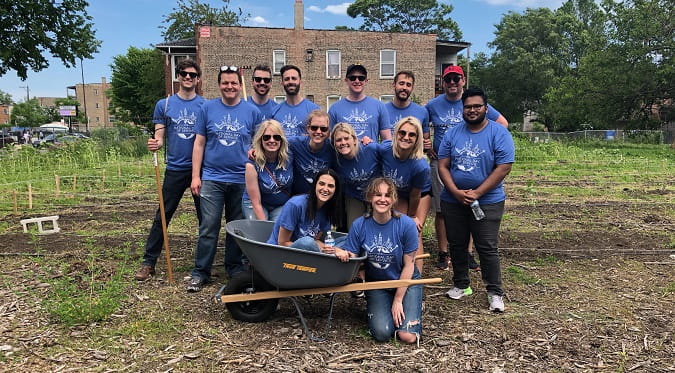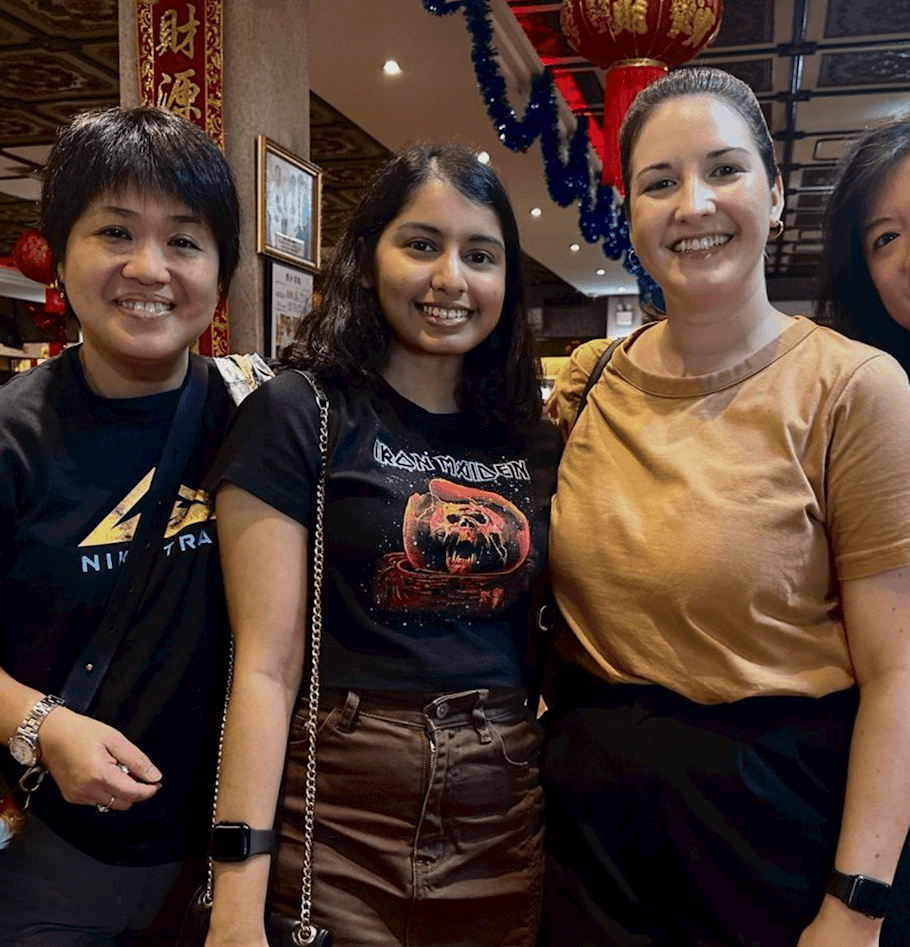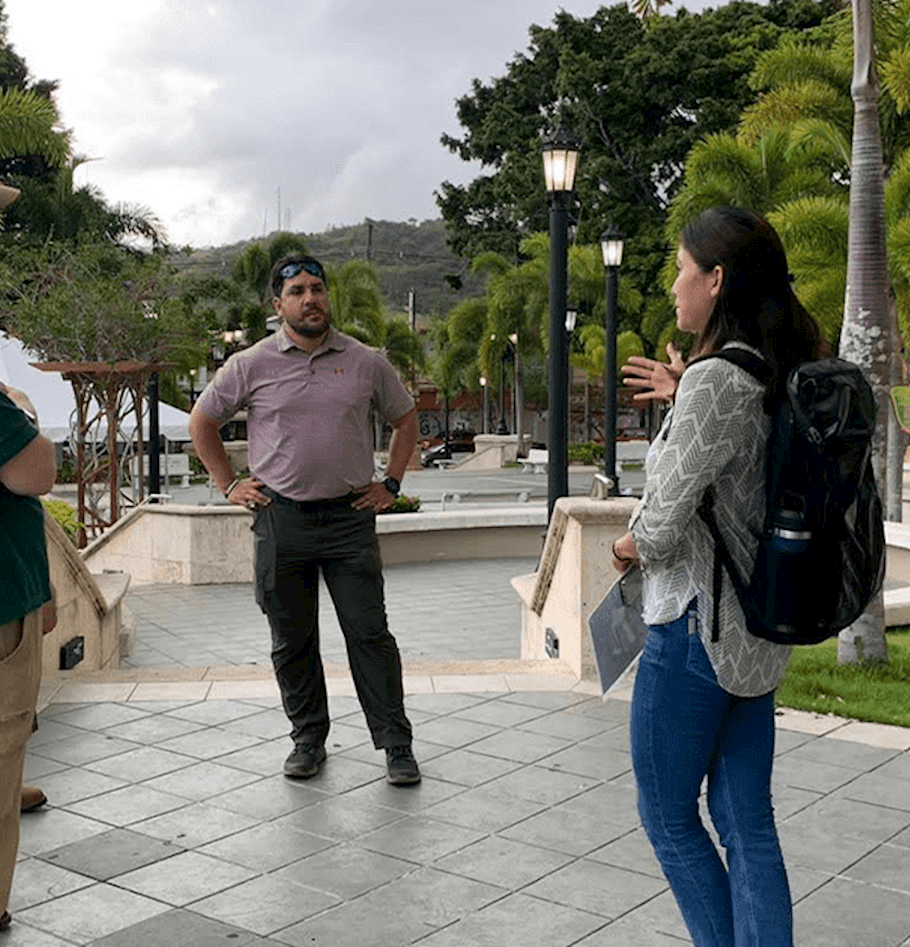
June 2019 | Point of View
The importance of differentiating your 'giving back' philosophy
The importance of differentiating your 'giving back' philosophy
At most mid-market and Fortune 1000 companies, it’s understood that social responsibility is a part of doing business. The bigger you get, the more important it becomes.
At West Monroe, we’ve spent a lot of time this month on “giving back.” On June 14, we dedicated our entire workforce to a National Day of Service, where 1,100 employees volunteered at 38 sites across nine U.S. cities. Today, we announced our 2019 class of Fischer Fellows, a group of eight people who will take leave from their day jobs at West Monroe to apply their talents at different organizations across the world. Earlier this month, we launched a new section on our website that better details our social responsibility efforts and their results.
All this activity got me thinking about how West Monroe is not differentiated in the market because we embrace corporate responsibility, but we are differentiated by how we do it. This is something I think the business leadership community could talk more about: Ensuring our social responsibility programs are as targeted, purposeful, and differentiated as possible, so our collective impact is greater. Here’s what I mean by that.
In our National Day of Service, we designed the day so that:
-
People spend time with colleagues they don’t typically work with. On this day, people who rarely spend time with one another because they work in different departments or have different roles get to meet and spend quality time. They forge new relationships. They naturally talk about business with each other and start dialogues that would otherwise not happen. It’s led to better engagement, new ideas, and cross-collaboration on projects. People can choose to stay close to home or prioritize a cause that is special to them; this leads to better employee engagement and loyalty—crucial factors in the current war for talent.
-
We amplify work, not create it. We don’t call a school or the city and ask if we can paint a mural, and we don’t dictate who we’re going to “help.” Instead, we ask our people who are already involved with organizations in their personal lives how we can better support the efforts their organizations already have planned. For example, one of our leaders is a board member at CommunityHealth in Chicago, so we ask the organization every year, what’s a project you need to move over the goal line that could use the help of 10 to 15 people in one day? Last year, that was organizing and cleaning up old medical records. This is not only meaningful to the organization, but to our employee who helps guide this nonprofit.
-
We support the cities where we live and work. We do not choose sites that sit outside our core geographic footprint. Why? We strongly believe in building up the nine U.S. cities that we live and work in because the success of our own firm ultimately depends on the health and viability of the people, communities, and environment around us.
I could go through the same exercise for our other social responsibility programs. The point is, all our decisions have the dual purpose of impacting our communities in the biggest way possible while also benefiting our people and our firm in tangible and intangible ways. Frankly, we wouldn’t be able to attract and retain the talent we have without these programs. We don’t give back to get accolades, but being listed as one of PEOPLE’s 50 Companies That Care and Fortune’s Best Workplaces for Giving Back makes it easier to attract the top talent we need to provide the quality service our clients need.
When people join West Monroe, many of them already know that social responsibility is one of our core values. As they go through the interview and onboarding processes and learn how they can truly make a difference, whether that’s becoming a Chief Charity Officer, volunteering for a charity golf outing, passing around the Jeans Bucket one week of the year, or applying for a Fischer Fellowship, they realize that West Monroe doesn’t just donate to worthwhile and related causes and call it a day—we have a differentiated, purposeful, and methodical approach that matters to our people. And that’s why it works.
What are some of the things your company does to uniquely make a difference? How have you increased your impact recently? If you haven’t, how might you?

